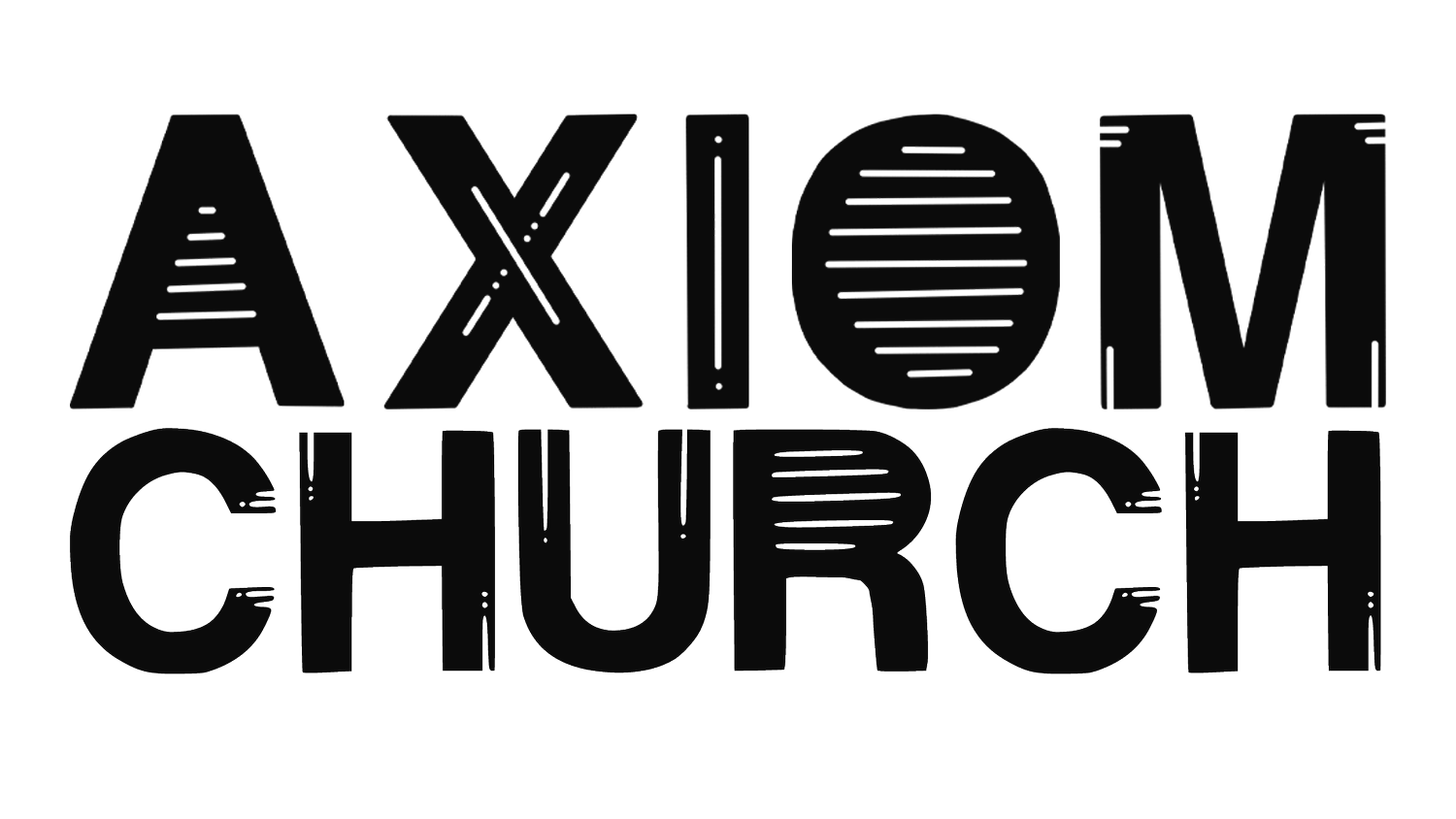by Eric Shenk
Hope.
Sometimes it’s the only thing that keeps you going.
Of course, the only true hope is rooted in the promises of God. And God promises. God promises that in the end all will be well. God promises justice, God promises peace, God promises joy, God promises salvation. God’s promises are hope.
But there are times when hope becomes hard to grasp. Like when you look around and see a world dominated by power, by war, by might. When you see millions dying from pandemic. And even more millions of young children dying needlessly because we can’t figure out how to share our resources. When you see families destroyed. When you see poverty and homelessness and joblessness and...hopelessness.
Of course, the root of the biggest problem is the powers that be. Either because your hero isn’t in charge or else because your hero is in charge, but everybody else is putting up roadblocks. You know. Them. The problems. We need somebody to take care of them.
What we need is a new Yeshua (that’s the name in Hebrew. In English you would say “Joshua.” Or if you prefer, the Greek translation is Iesous, pronounced “Jesus”). Whatever the language, the name means “God’s deliverance.” And a new Joshua is exactly what God promises. This is the hope of the world.
Someone who will overturn the powers. Someone who will up-end our systems and create a new kingdom, where justice and peace and joy are the rule. Someone who will overthrow the Romans.
Yes, what we need is a new kingdom. We have suffered long enough under the current kings. Caesar also promises justice and prosperity and peace. But somehow it is Caesar who prospers. His peace is a false peace that eats away at the soul. But the kingdom of God is at hand, with a new economy, a new justice, a new world order.
The world will never see it coming, this new power arising from a two bit cross-road in the desert. But all you who trust in the emperor’s promises of health and wealth and strength and comfort are doomed. Instead, put your hope in the new Joshua. He will conquer evil, will lead us to a better way. He is the one who is going to take care of our enemies for us.
God has a plan. This is the promise of God. This is our deliverance. This is our hope.
(Somewhere in Bethlehem, a baby cries.)


















